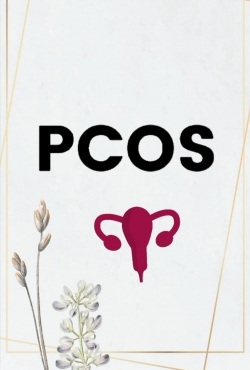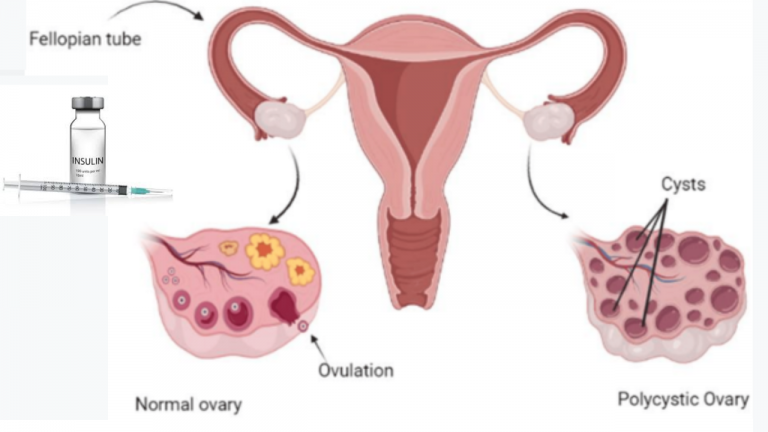Common Menstrual Complaints

Many women experience various menstrual complaints during their menstrual cycles. These complaints can range from mild discomfort to more severe symptoms that interfere with daily life. Common menstrual complaints include:
Dysmenorrhea: This is the medical term for painful menstruation or menstrual cramps. Dysmenorrhea can range from mild to severe and is often characterized by lower abdominal or pelvic pain. It can be caused by primary dysmenorrhea (common menstrual cramps) or secondary dysmenorrhea (due to an underlying medical condition).
Menstrual Irregularities: Irregular periods involve variations in the length of the menstrual cycle, the amount of menstrual flow, or the timing of menstruation. Irregular periods can be caused by hormonal imbalances, stress, weight fluctuations, medical conditions, or medications.
Heavy Menstrual Bleeding (Menorrhagia): Menorrhagia refers to abnormally heavy menstrual bleeding. Women with menorrhagia may soak through pads or tampons quickly and experience prolonged bleeding. It can be caused by hormonal imbalances, uterine fibroids, polyps, or other underlying conditions.
Amenorrhea: This is the absence of menstrual periods for three or more consecutive cycles. Primary amenorrhea occurs when a girl has not started menstruating by the age of 16, while secondary amenorrhea involves the cessation of periods after they have previously started. Amenorrhea can be due to factors such as pregnancy, excessive exercise, extreme weight loss, hormonal disorders, or stress.
Premenstrual Syndrome (PMS): PMS encompasses a range of physical and emotional symptoms that some women experience in the days or weeks leading up to their menstrual periods. Symptoms can include mood swings, irritability, bloating, breast tenderness, and food cravings.
Premenstrual Dysphoric Disorder (PMDD): PMDD is a severe form of PMS characterized by extreme mood disturbances, including depression and anxiety, along with physical symptoms. PMDD can significantly impact a woman’s daily life.
Spotting: Spotting refers to light bleeding or spotting of blood between menstrual periods. It can occur for various reasons, including hormonal changes, birth control methods, or underlying health conditions.
Headaches and Migraines: Some women experience headaches or migraines associated with their menstrual cycles. These headaches are often triggered by hormonal fluctuations.
Breast Pain and Tenderness: Many women experience breast tenderness and discomfort in the days leading up to menstruation. This is often referred to as mastalgia or breast pain.
Fatigue: Some women report feeling unusually tired or fatigued during their menstrual periods, which can be related to hormonal changes or blood loss.
Digestive Issues: Menstrual periods can sometimes be accompanied by digestive symptoms such as diarrhea or constipation, which may be linked to hormonal changes or prostaglandin release.
It’s important to note that while these menstrual complaints are common, they should not be excessively disruptive to a woman’s life. If menstrual symptoms are severe, persistent, or interfere significantly with daily activities, it’s advisable to consult a healthcare provider. Treatment options are available to manage and alleviate many menstrual complaints, depending on the underlying cause.



